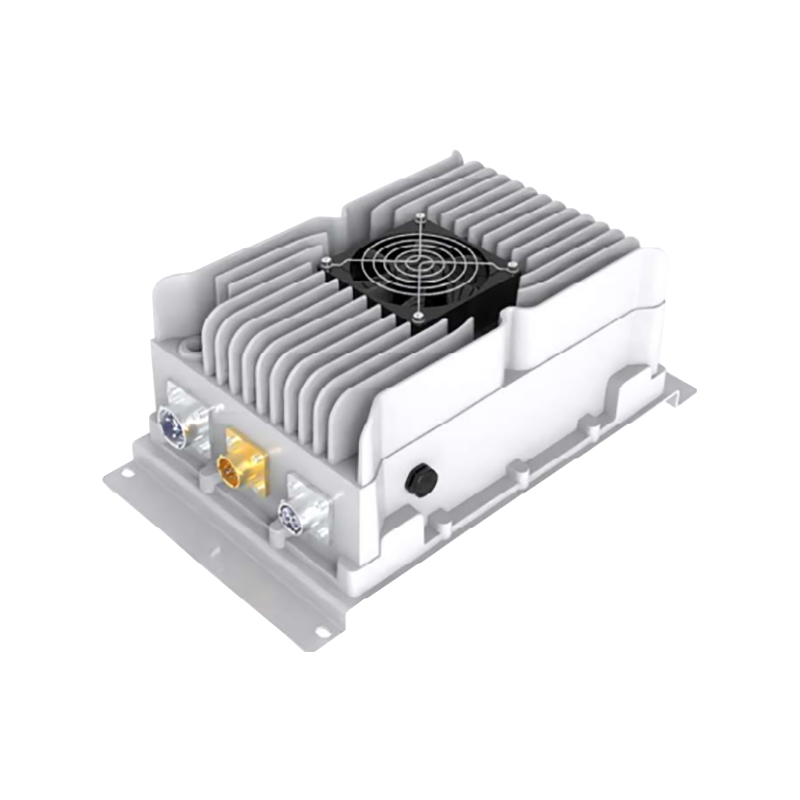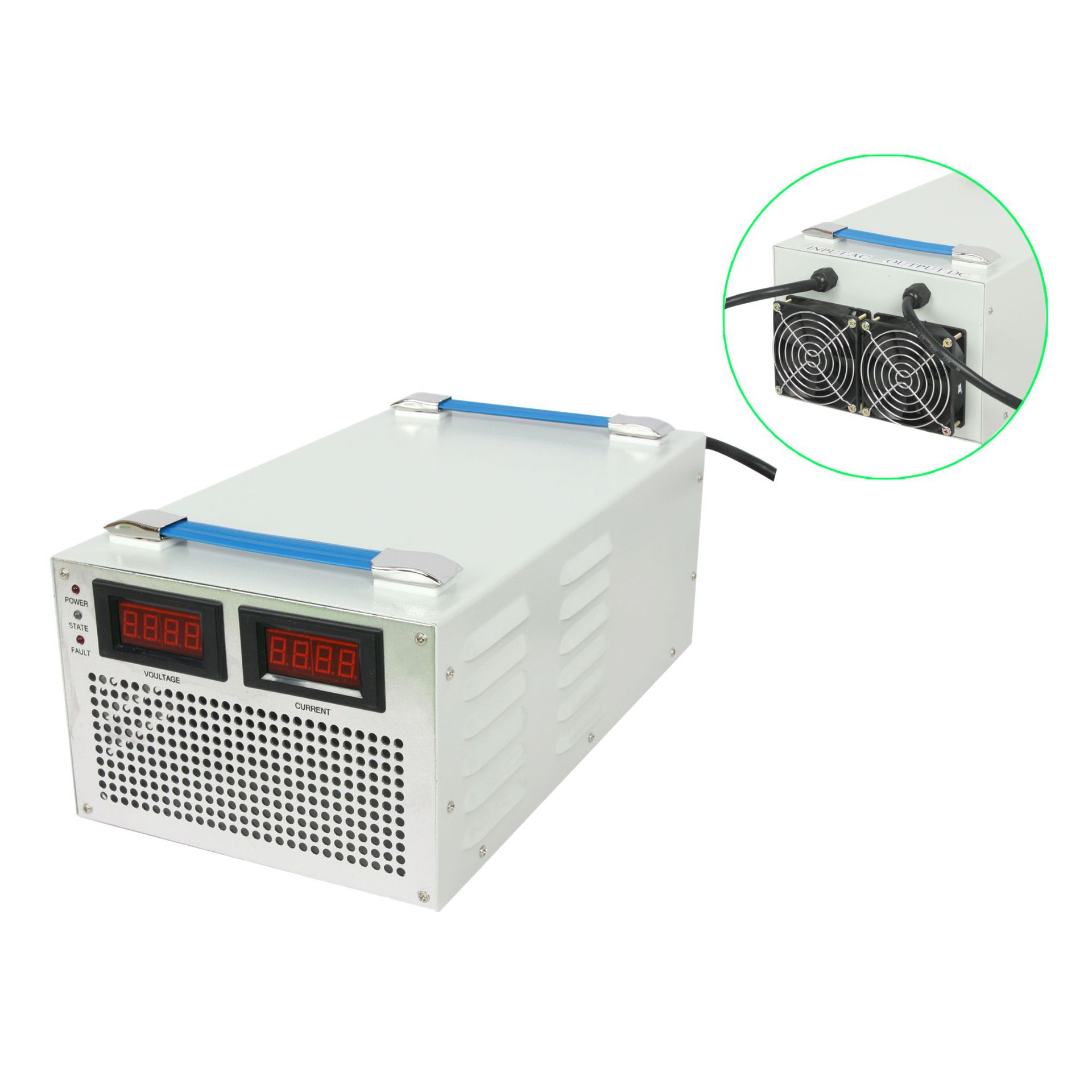Electric vehicles have gained significant popularity in recent years, and as a result, many people are starting to learn about the different components that make up an EV. Two important components are the on board charger and off-board charger. In this blog, we will discuss what these chargers are, how they work, and their differences.
An on-board charger is a device that is installed within the vehicle, which is responsible for converting the AC power from the charging station or outlet to DC power, which is then used to charge the battery. The on-board charger is integrated into the vehicle's charging system, and it manages the charging process, ensuring that the battery is charged to its full capacity safely and efficiently.
The on-board charger is typically rated by its charging power, which is measured in kilowatts (kW). The higher the power rating, the faster the battery can be charged. For example, a 7 kW on-board charger can charge a 24 kWh battery in approximately 3.5 hours.
Off-board Charger:
An off-board charger, on the other hand, is a charging device that is not integrated into the vehicle but is instead a separate unit that is connected to the vehicle's charging port. This type of charger is typically used in situations where the vehicle cannot be plugged directly into a charging station or when a faster charging rate is required.

Off-board chargers are often used in commercial or public charging stations, where multiple EVs may need to be charged simultaneously. These chargers can have a higher charging power rating than on-board chargers, with some models capable of delivering up to 350 kW of power. These chargers use DC fast charging technology, which allows for rapid charging of the battery.
Differences:
The primary difference between on-board and off-board chargers is their location and charging rate. On-board chargers are installed within the vehicle and are limited by the charging power they can deliver, while off-board chargers are external to the vehicle and can deliver higher charging power rates.
Another difference is the cost. On-board chargers are typically less expensive than off-board chargers since they have lower power ratings and do not require additional equipment. Off-board chargers, on the other hand, are more expensive due to their higher power ratings and the additional equipment required to support them.

Conclusion:
In conclusion, both on board and off-board chargers play a critical role in charging electric vehicles. On-board chargers are installed within the vehicle and are responsible for converting AC power to DC power for battery charging, while off-board chargers are separate units that deliver higher charging power rates. Ultimately, the choice between an on-board and off-board charger will depend on individual
Contact Person: Miss. Kiki
| WhatsApp : | +8617763224709 |
|---|---|
| Skype : | +8617763224709 |
| WeChat : | +8617763224709 |
| Email : | kiki@lifepo4-battery.com |